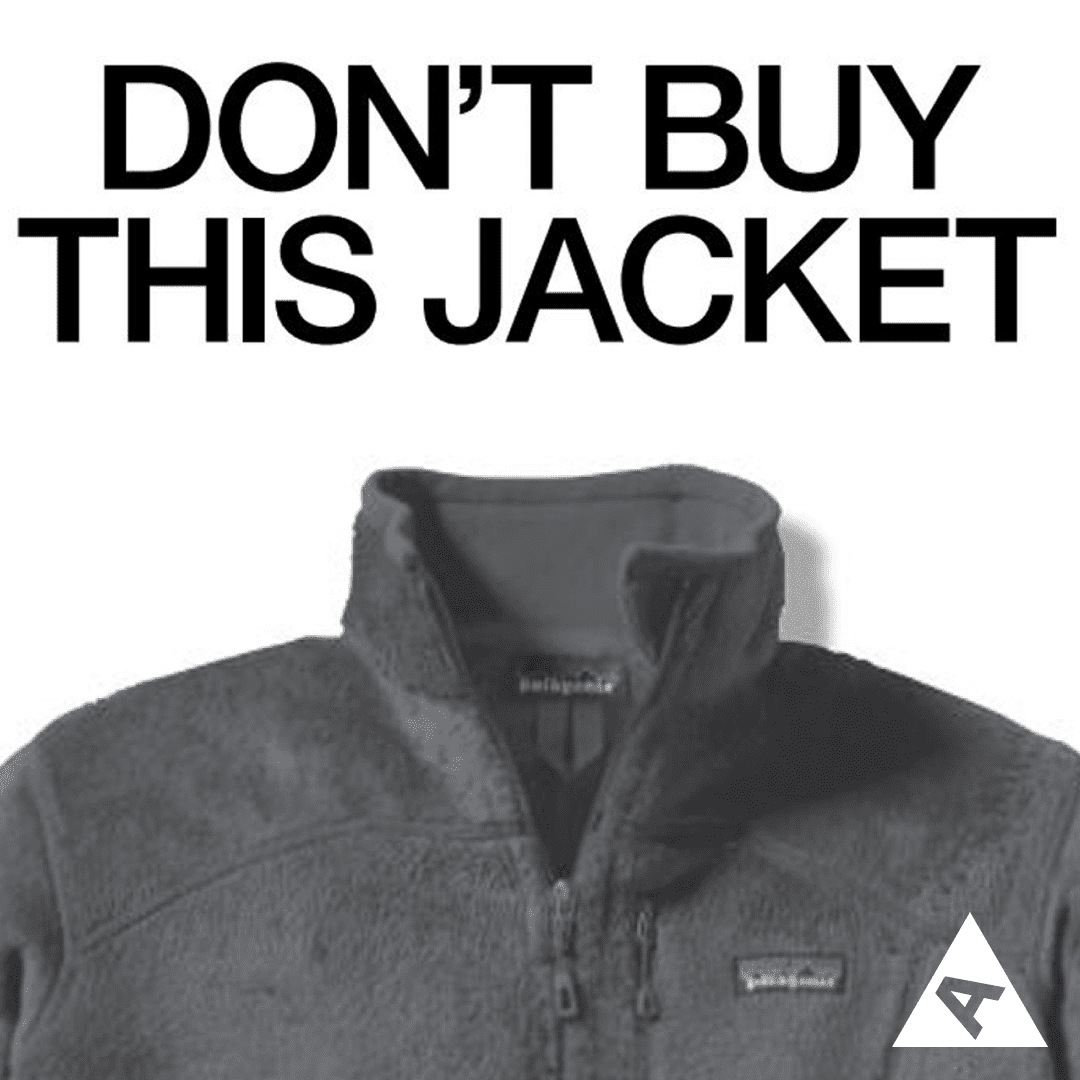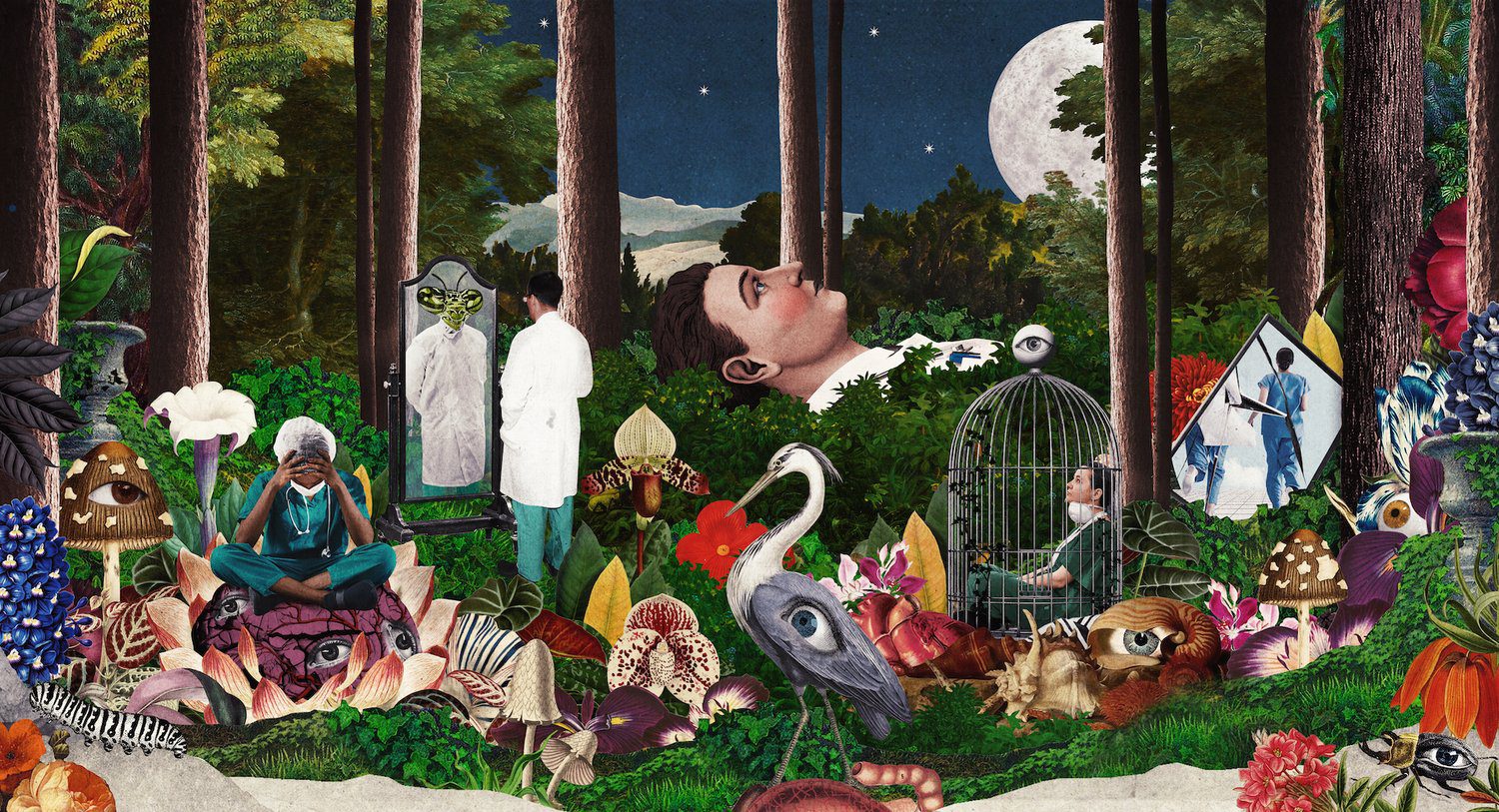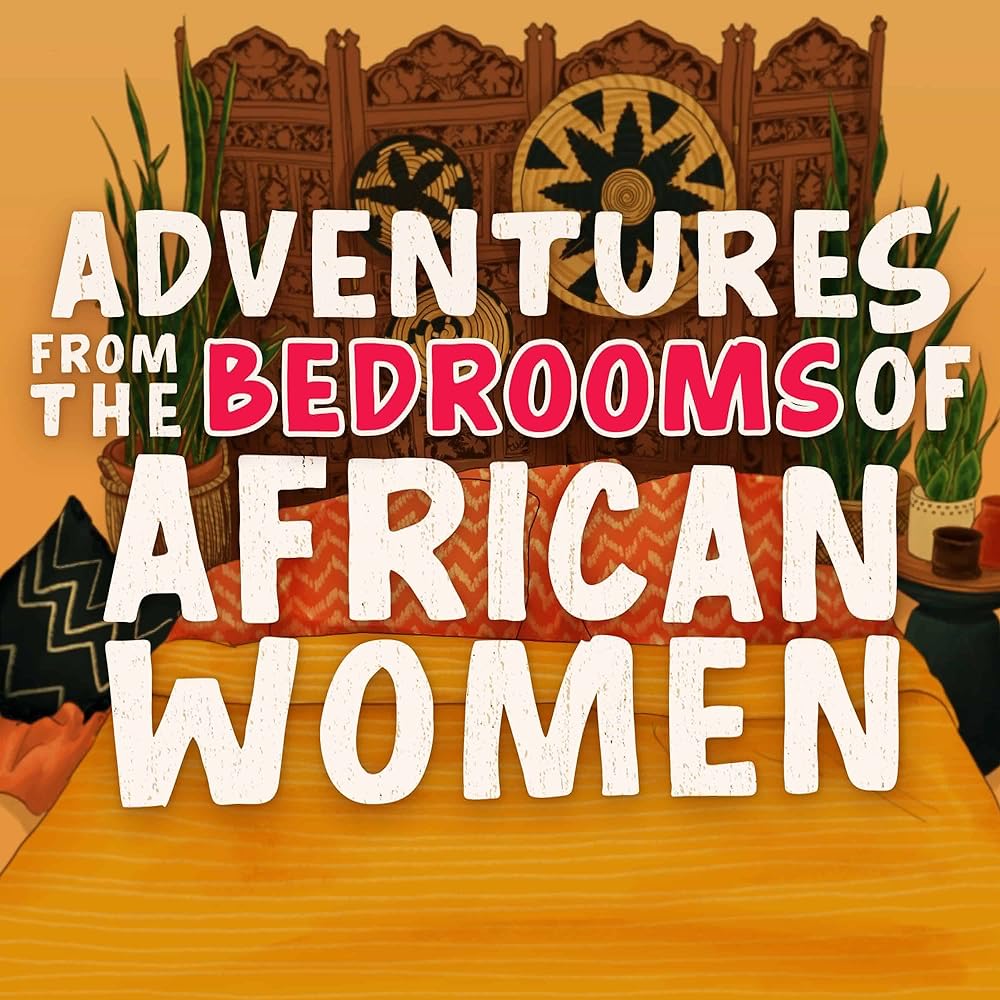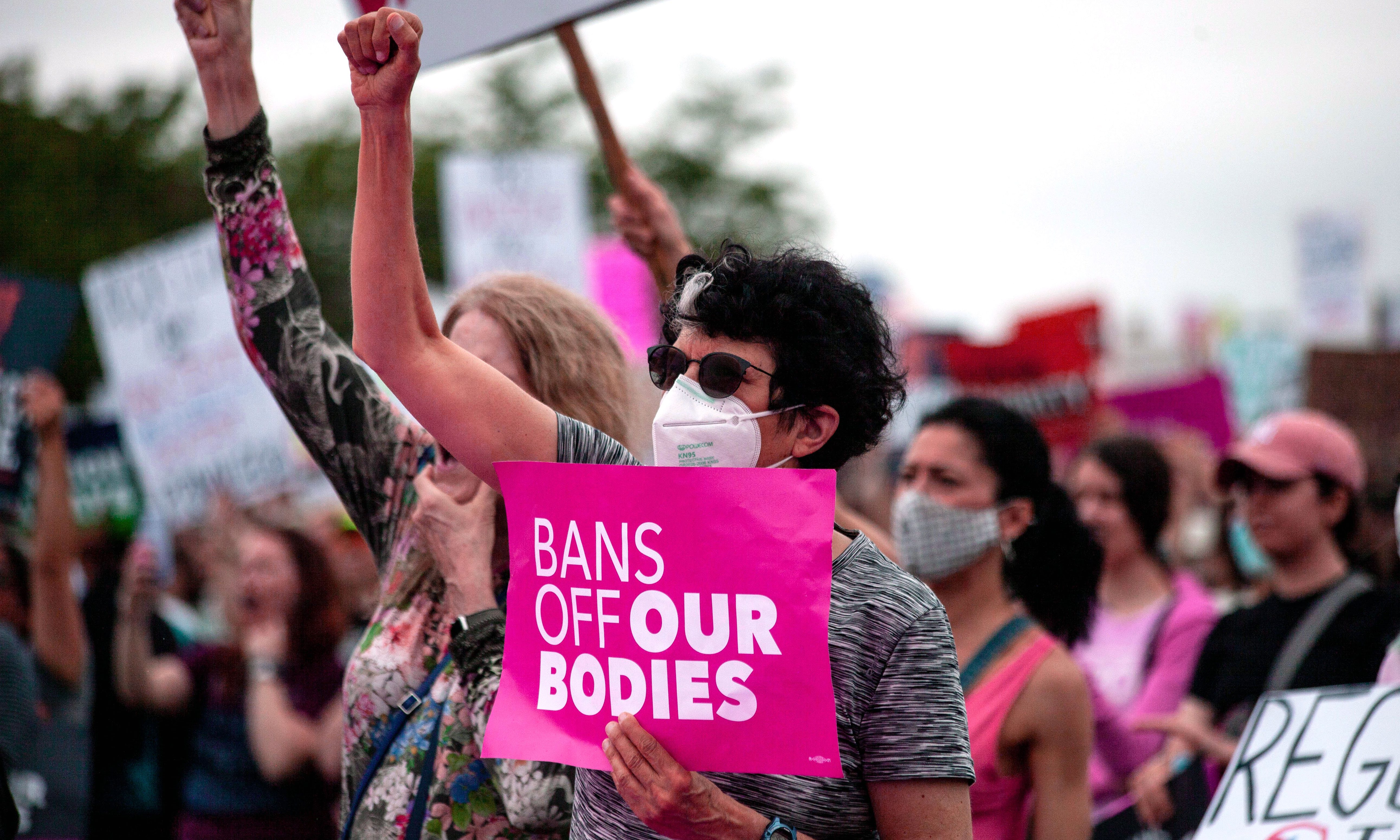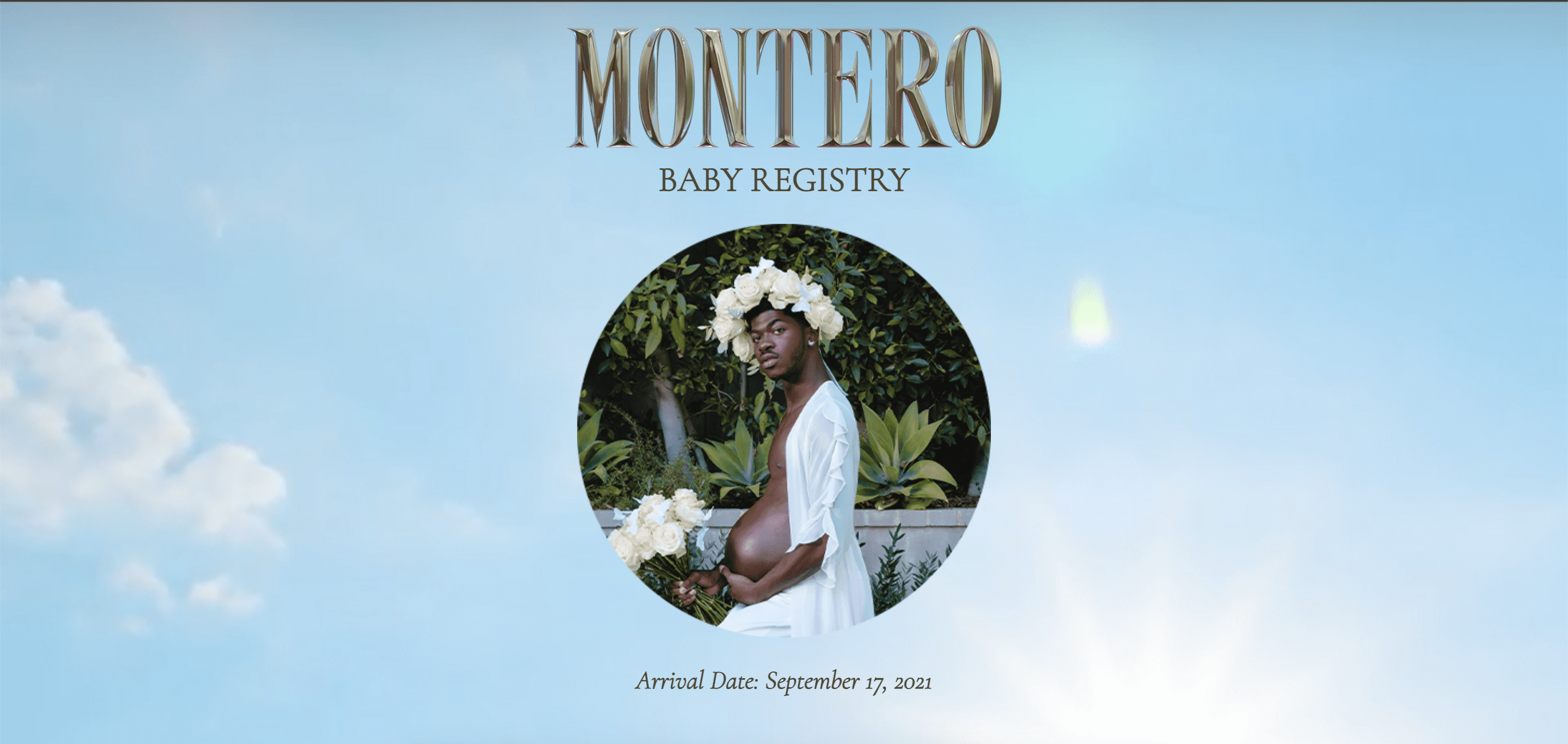The Plastic Fisherman Project Turns Ocean Cleanup into Art
When new efforts address the climate crisis, they adopt a serious approach. Somber music. Declarative statements. Calls to action that communicate the weight of the issue. While inspired by the same issue, advertising executive Rodrigo Butori wanted to utilize a tone that inspired creativity and positive action, rather than helplessness.
The final result was Plastic Fisherman, a social media account that brings awareness to pollution in the marine ecosystem, and inspires individuals to take positive action. Through the account, Butori invites participants to collect pieces of plastic at their local beach or community, use the pieces to create the shape of a fish, share it on Instagram using #plasticfishing, and of course recycle each piece. It organically grew into a community, with individuals in Germany, Japan, Brazil and Spain creating their own works of art.
We spoke to Rodrigo Butori, Founder and Creative Director of Plastic Fisherman on creating his Anthem Award-winning project.
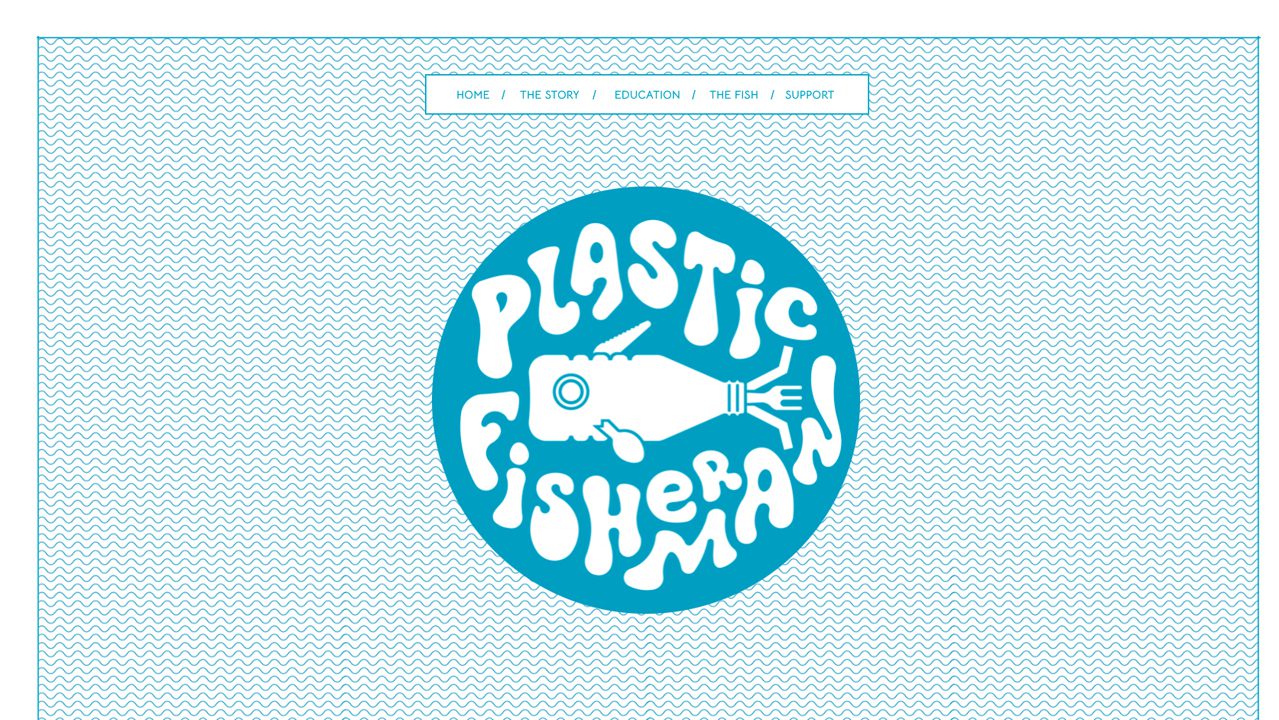
What inspired the concept behind Plastic Fisherman’s project and community?
I’m a creative director. But before that, I’m an avid surfer, a diver, and an ocean lover.
For most of my life I’ve come to the ocean for leisure, food, relaxation, and peace of mind. Whenever I needed something, the ocean was there for me, and it gave me its best.
One January morning in 2020, after learning that we are on our way to having more plastic than fish in the ocean, I decided it was time to return the favor. It was my turn to give the ocean my best.
I’m not a scientist, and I’m not an engineer, so I chose to do it the only way I knew: using creativity and communication.
I made a fish with the plastic I cleaned up at my local beach and posted on Instagram as the @plasticfisherman. It was a simple visual statement. A way to tell the world, ‘watch out, if we don’t take care of our oceans, this is the only kind of fish we’ll get to see.’
I named the activity ‘plastic fishing’, and invited people to do the same. One fish led to the next and, since then, #plasticfishing has grown into a global movement with local Plastic Fisherman accounts established in the US, Germany, Brazil, Japan, Spain, Uruguay, and Mauritius Island.
Play and creativity are central to both this project and the community of fishermen and women you’ve built online. Why did you want the act of removing plastic from the ocean to also engage in art?
First, many people see the act of cleaning the beach as a tiresome and boring activity.
We had to find a way to engage them, and for other reasons other than just picking up the plastic. Inviting their creativity and leveraging social media’s ‘instant gratification’ was a way to bring them in: show your friends and followers that you care about our planet while showing off your imagination and artistic skills.
Fun fact: people who started #plasticfishing tell us they don’t see plastic anymore when walking down the beach. They see a fin, a tail, an eye… and that’s pretty cool.
Second, the marine plastic pollution conversation is basically a repository of shocking images and videos of sea animals dead or suffering. I understand the importance of showing the negative impact, but at the same time, having your social media feed inundated with bad news can create a sense of powerlessness.
Instead of the usual doom-and-gloom approach, we employ art and creativity to inspire, inform, and educate. We still touch on the numbers, impact, and the grave danger marine plastic pollution poses to the ocean and to ourselves, but we do it in a way that is compelling and inspiring.
Lastly, as an advertising professional, I personally believe in the mantra ‘Entertain to educate.’ The most successful work I’ve done in my career had this belief as a backbone. It only made sense to bring it to Plastic Fisherman. We see its results not only at the Plastic Fishing Festivals we organize, but in the classrooms in Dusseldorf, São Paulo, and Miami who made plastic fishing part of their sea literacy program.
Plastic Fisherman is a unique and well-executed idea, which quickly went viral. Can you talk about the community response to it, and how many people participated?
One of Plastic Fisherman’s core values is that small actions matter.
Different from traditional groups and organizations who depend on events to clean up their localities, Plastic Fisherman promotes a decentralized ‘Act local, think global’ approach, inviting people to fish for plastic whenever they can and wherever they are, and then show everyone what they got by posting it on Instagram using #plasticfishing.
While we do have special Plastic Fishing Festivals to gather our community, plastic fishing itself is an ongoing, 24/7 activity happening all over the world. Since we started, we had tens of thousands of “catches” sent from pretty much every country. That’s thousands of pounds of plastic trash removed from the environment, one plastic fish at a time.
We are 8 billion people out there. I like to think of that massive number not as a problem, but as a potential solution. If most of us realize the importance of our single actions and the power of our collective impact, we can have some real positive change – from cleaning the environment to reducing our single-use plastic consumption to pushing for laws that’d put a cap on plastic pollution.
It all starts with education, information, and that’s what we’ve been putting out there with every plastic fish we caught since day one.
Can you tell us about your Earth Day Event, the Plastic Fishing Festival? What did you expect out of that day, and what were the results?
One of the things that gets my heart racing about Plastic Fisherman is its global community.
Plastic fishing isn’t only a fun and creative way to help our oceans. It’s an easy and accessible activity that can make anyone, anywhere a Plastic Fisherman.
Because we started on Instagram, we were an international initiative from day one. Every week I am surprised by a message of support from somewhere across the planet.
Our decentralized format is unique in how we celebrate our community. As an example, on last year’s Earth Day we held an event in Miami and an online #plasticfishing competition. Then, during World Cleanup Day in September, we had a Plastic Fishing Festival event happening in Miami, Düsseldorf, and São Paulo at the same time with thousands of people sharing our ‘Let’s go #plasticfishing’ video and posting their catches around the world.
Do you think you will expand Plastic Fisherman in the coming years? If so, how?
We are just starting.
We’ve been working on a few ideas, all part of our mission to Inspire, Educate, and Transform.
Starting with Education, we plan to keep on growing our presence in schools and classrooms around the planet. Understanding what’s at stake is the key to better informed decisions, and our ocean’s future depends on that.
Then, Transformation. Many people have asked us throughout our journey for ways to give a better purpose to the plastic we clean up and dispose of. For the last few months I’ve been experimenting with ways to recycle and repurpose part of this plastic.
Can we use that same creative and artistic mindset we use to make the fish into turning this discarded plastic into relevant everyday items? This is the idea behind the Plastic Fisherman Workshop, a creative space dedicated to host plastic fishing events, educate the community, and recycle the plastic collected locally.
Lastly, we found a nice formula in turning an act of good into something playful and gratifying through social media. We are now exploring ways to reward those who go plastic fishing with something beyond just a ‘like’. How? By tokenizing each fish submitted using #plasticfishing and giving it a monetary value. With it, future partners would be able to support our movement knowing that their dollars would be going directly to those plastic fishermen and women cleaning the planet.
We are looking for partners for all of the above. If you are a brand or a corporation looking for ways to help, let’s talk!
How has winning an inaugural Anthem Award impacted you?
Validation and exposure for Plastic Fisherman.
For an up and coming, small movement like ours, the importance of winning both gold, silver, and bronze in a global show like the Anthem Awards gave us the kind of exposure we needed to grow and to find like-minded partners.
So, thank you, Anthem Awards.
Let’s go #plasticfishing!


